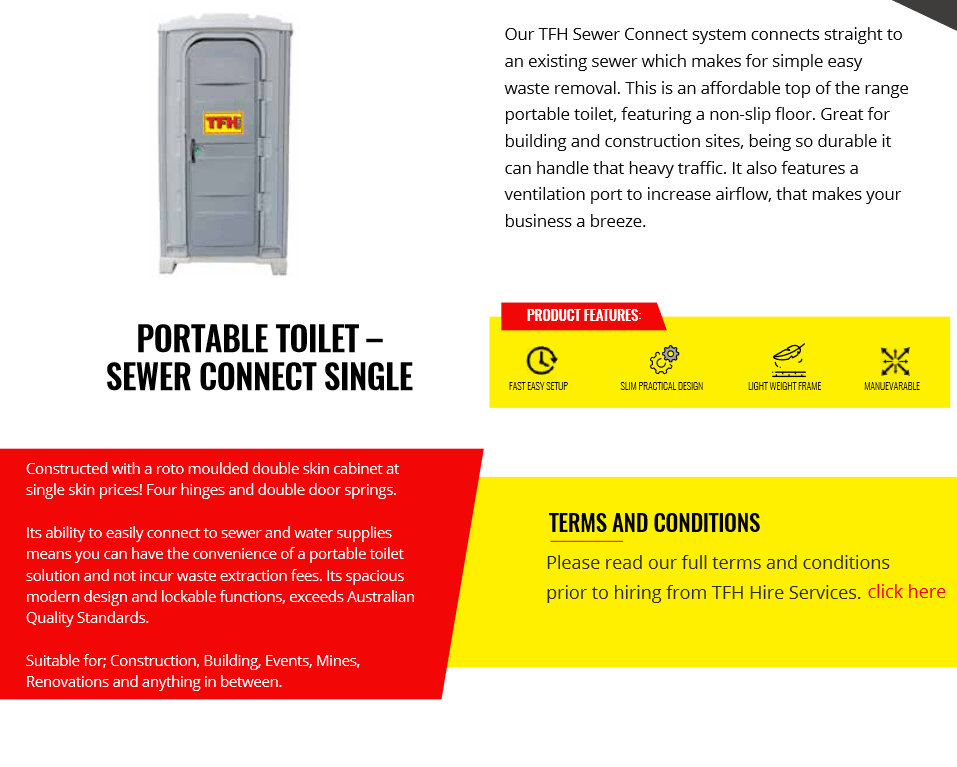Reclaim Waste Fundamentals Explained
Reclaim Waste Fundamentals Explained
Blog Article
Not known Details About Reclaim Waste
Table of ContentsReclaim Waste for BeginnersLittle Known Questions About Reclaim Waste.The smart Trick of Reclaim Waste That Nobody is DiscussingEverything about Reclaim WasteWhat Does Reclaim Waste Do?
Explore the types, events, and kinds of liquid waste. Residential sewer waste refers to the waste and items from a residential septic container. This sort of waste is created by people in houses, colleges, and other structures. This only consists of septic systems that have a drainpipe field. The correct management and disposal of residential sewage waste need fluid waste to be moved to a sewer treatment plant where the correct approaches and devices are put on purify and get rid of waste.
Commercial waste commonly includes prospective hazards, such as flammable materials or a blend of fluid and strong waste items, and requires a more sophisticated and thorough disposal process. The disposal of business waste commonly entails the filtration of waste prior to transport to make certain risk-free and appropriate disposal. Industrial waste is developed from byproducts and runoff of commercial procedures and manufacturing.
This sort of waste can not use the very same sewer monitoring transportation or procedures as septic or business fluids. The hazardous waste monitoring process calls for the assessment and screening of liquid waste prior to it undertakes the disposal process (liquid waste removal melbourne). Runoff waste is the fluid waste that originates from runoff and excess stormwater in highly booming locations or cities
Drainage waste can trigger contamination and flooding if not managed effectively. Find out more concerning sewage system cleansing and waste management. Making certain appropriate waste administration can prevent calamities and reduce ecological damage. Both individuals in residential settings and professionals in commercial or manufacturing markets can benefit from understanding the procedures and guidelines of fluid waste monitoring.
7 Easy Facts About Reclaim Waste Shown
Get in touch with PROS Providers today to discover our waste monitoring and disposal services and the appropriate means to care for the liquid waste you generate.
(https://forums.hostsearch.com/member.php?271151-reclaimwaste1)This supposed 'wastewater' is not only a crucial resource however, after therapy, will be launched to our land, rivers or the sea. Used water from toilets, showers, bathrooms, kitchen sinks, washings and commercial processes is recognized as wastewater.

water utilized to cool down machinery or clean plant and tools). Stormwater, a type of wastewater, is overflow that moves from agricultural and metropolitan locations such as roofings, parks, yards, roads, paths and seamless gutters into stormwater drains, after rain. Stormwater streams unattended straight to regional creeks or rivers, at some point reaching the ocean.
Reclaim Waste for Beginners
In Queensland, the majority of wastewater is dealt with at sewage therapy plants. Wastewater is transferred from domestic or industrial sites through a system of drains and pump stations, called sewage reticulation, to a sewer therapy plant. City governments build, keep and operate most sewage therapy plants. Operators are accredited under the Environmental Protection Act 1994 to discharge cured wastewater at an appropriate ecological standard right into rivers.
The Department of Natural Resources recommends city governments about handling, operating and keeping sewage systems and treatment plants. In unsewered areas, city governments might call for homeowners to set up private or home sewage therapy systems to deal with residential wastewater from commodes, kitchens, bathrooms and laundries. The Department of Natural Resources authorises using home systems when they are verified to be effective.
In some brand-new subdivisions, treatment of some stormwater to get rid of clutter, sand and gravel has begun utilizing gross pollutant catches. Wastewater treatment happens in four stages: Removes strong matter.
Wastewater then flows right into big tanks where solids settle and are eliminated as sludge. Grease and scum are skimmed from the surface area. Utilizes tiny living microorganisms referred to as micro-organisms to damage down and remove continuing to be liquified wastes and great fragments. Micro-organisms and wastes are included in the sludge. Eliminates nitrogen and phosphorus nutrients that could cause algal blossoms in our waterways and intimidate water life.
More About Reclaim Waste
Nutrient removal is not readily available at all sewer therapy plants since it needs pricey specialist equipment. Clear liquid effluent generated after therapy might still include disease-causing micro-organisms - special info liquid waste removal melbourne.

The majority of wastewater streams right into the sewerage system. Under the Act, regional federal governments carry out authorizations and licences for eco relevant tasks (Periods) involving wastewater releases that may have a regional influence.
Reclaim Waste Things To Know Before You Buy
Monitoring gives factual info regarding water quality and can verify that licence problems are being fulfilled. The details gotten via monitoring provides the basis for making water quality choices.
Report this page